Not in real life, unfortunately. We're talking about books (of course).
And for a documentation about writing the ultimate heist novel. Get the full blog series here: charleskunken.com/hollywoodheistbacklot
I've been observing how great authors not only handle dialogue, but also the absence of dialogue.
There is an old adage for writers, 'show don't tell', but too much showing, I've found can be melodramatic. It seem like the great ones know exactly when to tell you something.
Here's an example from 'Gatsby'. The first line is a man Nick has met at Gatsby's part. The second line is Nick himself, the main character:
"Your face is familiar," he said, politely. "Weren't you in the Third Division during the war?"
"Why, yes. I was in the ninth machine-gun battalion."
"I was in the Seventh Infantry until June nineteen-eighteen. I knew I'd seen you somewhere before."
We talked for a moment about some wet, gray little villages in France. Evidently he lived in this vicinity, for he told me that he had just bought a hydroplane, and was going to try it out in the morning.
"Want to go with me, old sport? Just near the shore along the sound?"
"What time?"
The part that I'm appreciating is line 4 where F. Scott Fitzgerald simply tells us that they spoke about the village then knows exactly where to jump back in with the dialogue again. How'd he know how to do that?
I'm sure for great writers this comes out natural, knowing how to make a scene flow. But I don't have that intuition (yet) so I'm trying to peek behind the curtain.
The best I can think of is that the purpose of 'show don't tell' is that it gives the reader the opportunity to analyze and figure out something for themself. Like instead of saying, 'he was mad' you could write, 'he stomped on his hat'. Then the reader would have a fun time deducing that the guy was upset. I think that's what makes a book fun.
In the Gatsby example, skipping the village dialogue works because there is nothing of material importance to analyze. They've said their intros and then merely telling us the key points gets to to the material info. quicker: the guy had a hydroplane.
I think the key with tight writing is that every line delivers some sort of message.
I remember experimenting once, thinking that everyday small talk was what made a scene feel more authentic. I wrote something like this:
The man flagged down the waitress and when she came over he said, "Good morning."
"Good morning," she said. "How are you today?"
"I"m great, thanks. I think I'll start with a coffee."
"Would you like cream and sugar?"
"No thank you."
blah, blah, blah.
There was no subtext in the exchange, it wasn't there to be clever, like sexual tension or anything, and it wasn't to introduce the waitress. What becomes obvious after coming back to it is that idle chit chat a more authentic scene doesn't make. ,Even if it's exactly what you would say in real life. The reader is always subconsciously assuming that every line has a point.
In addition to skipping over dialogue I've also noticed something about completely cutting it out. I said earlier that every line delivers a message. I started noticing in my own writing that even though the dialogue was different, I was often times saying the same thing,
This was a line I wrote for a character in Hollywood Heist who was explaining movie biz to someone:
“And the reason they cost so much to acquire is that none of this is a secret. Every studio has the same notions about what customers will go see."
-which I changed to-
“And the reason they cost so much to acquire is that every studio has the same notions about what customers will go see."
I've told you already, I'm no Hemingway (though, I did just get his bullfighting book). I'm just a journalist reporting from the front lines. This is probably where style wins out over rote rule-application.
Picture the guy trying to tango but still has to count out all the steps from the diagram that he's memorized.
One day I will write something without tripping over my feet. In the meantime we'll just say: The guy ordered a black coffee.
https://en.wikipedia.org/wiki/The_Great_Gatsby_(2013_film)
Image: Warner Bros. Pictures
Have some thoughts? Feel free to drop a comment or hit me up: charlie@charleskunken.com


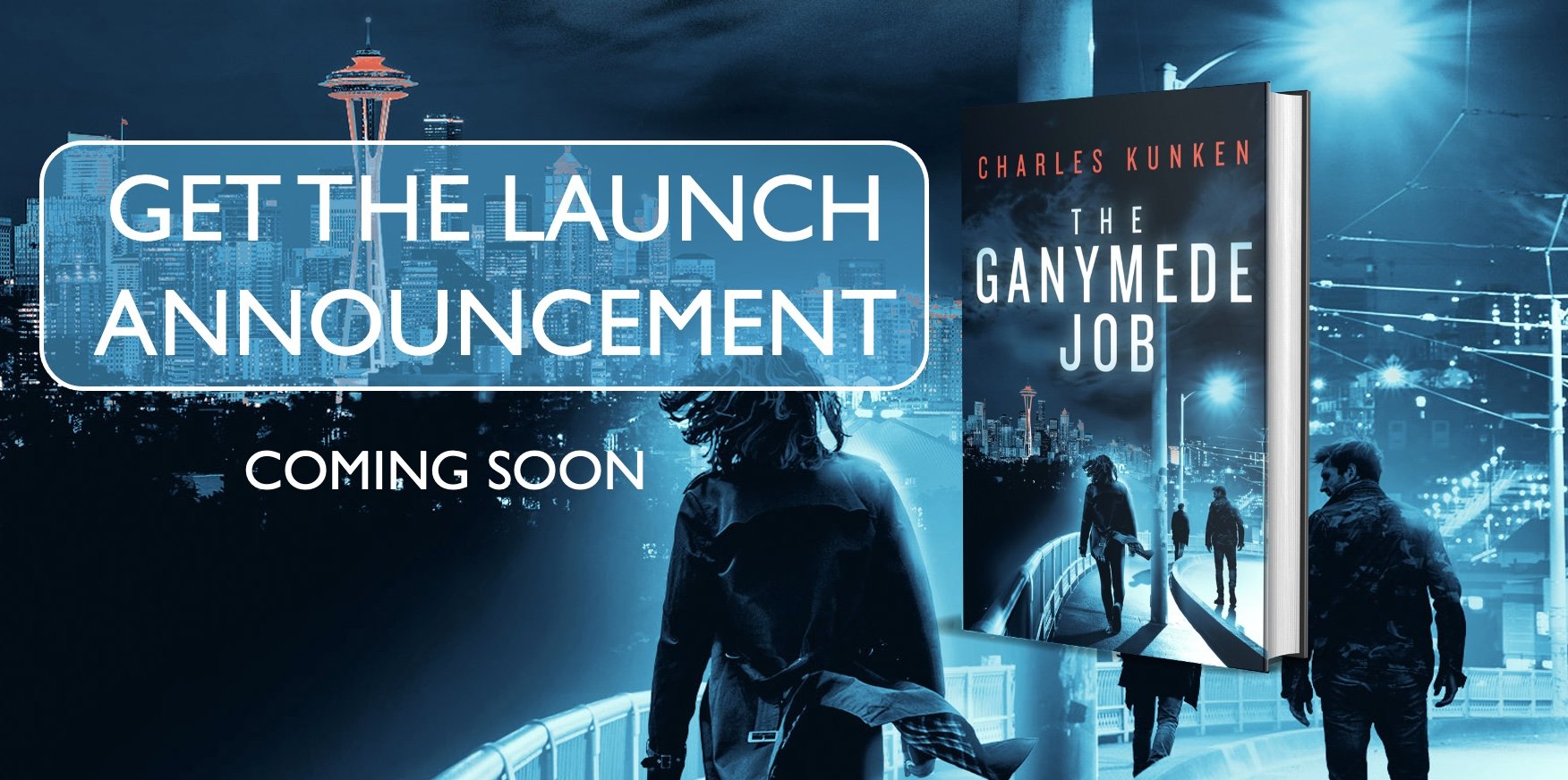


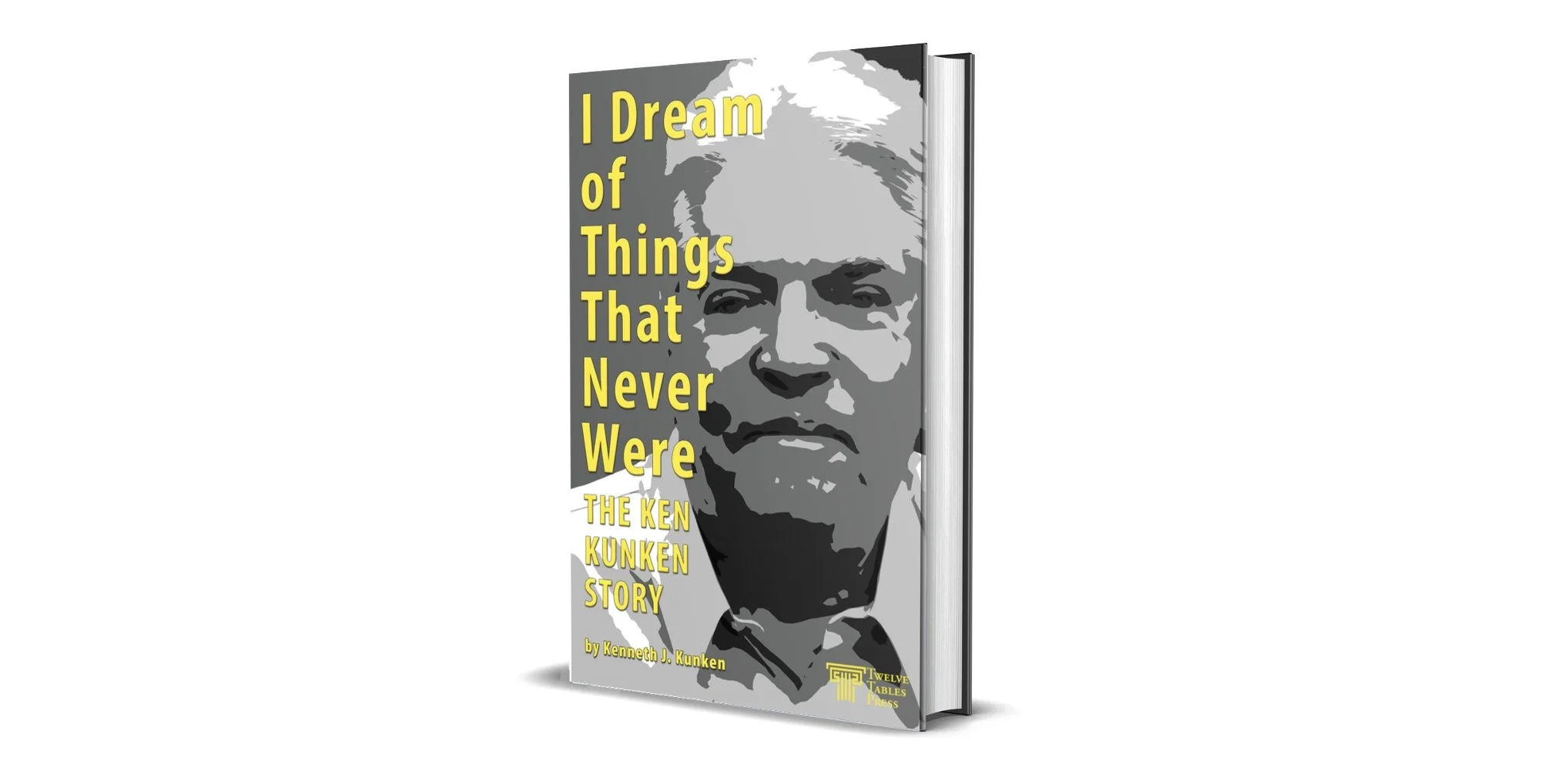
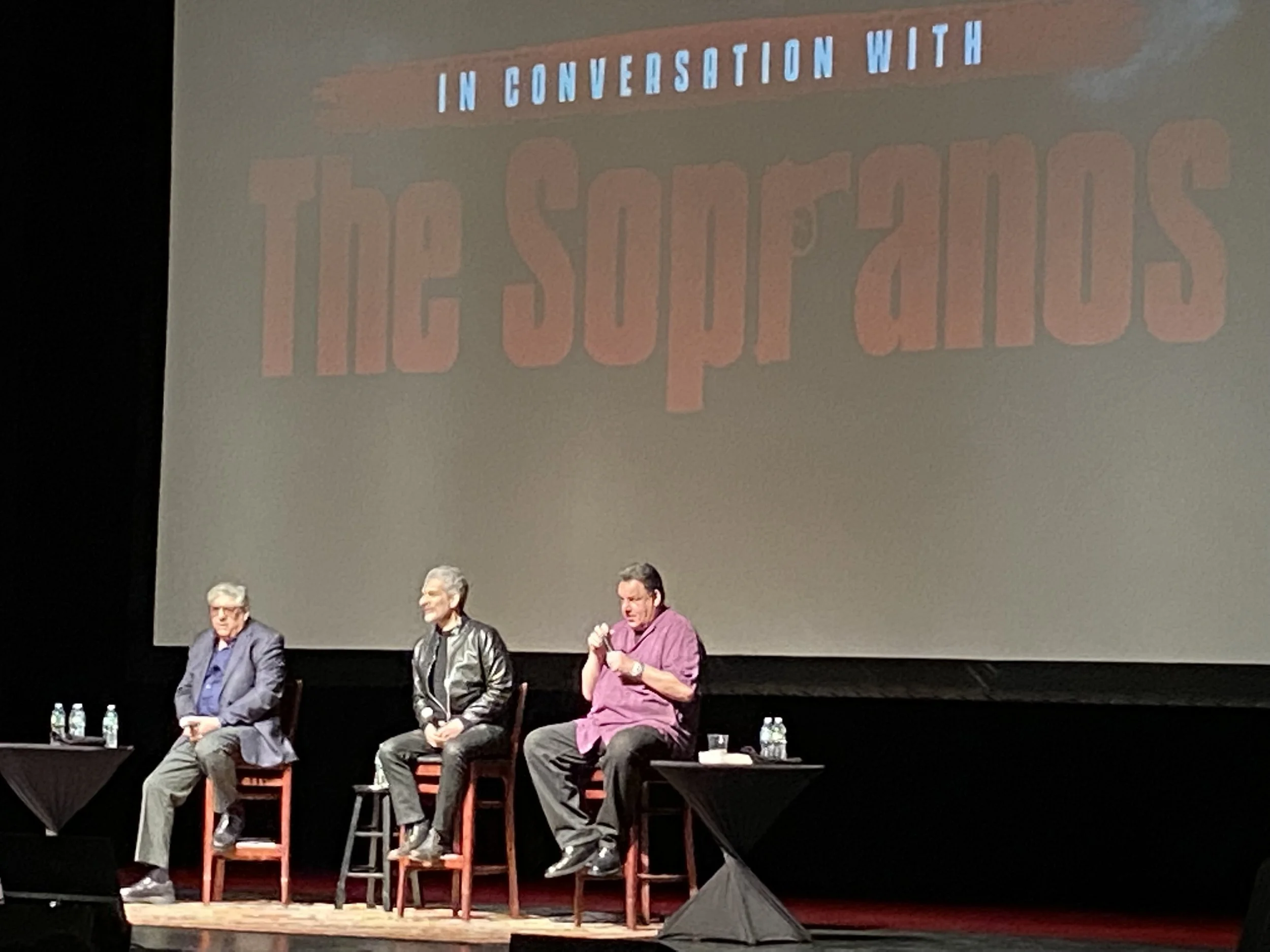


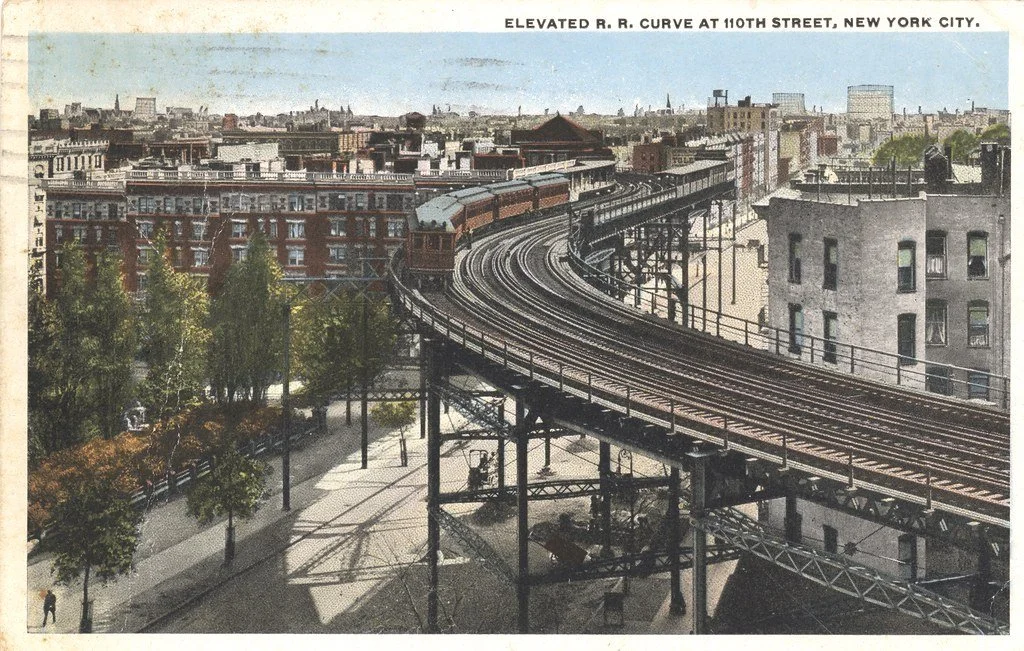

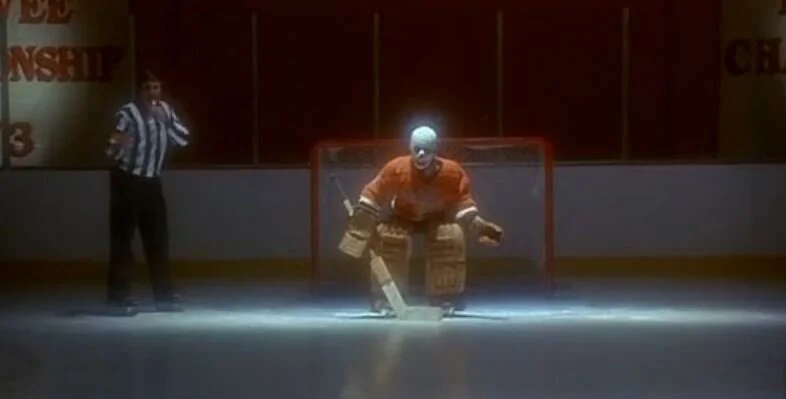
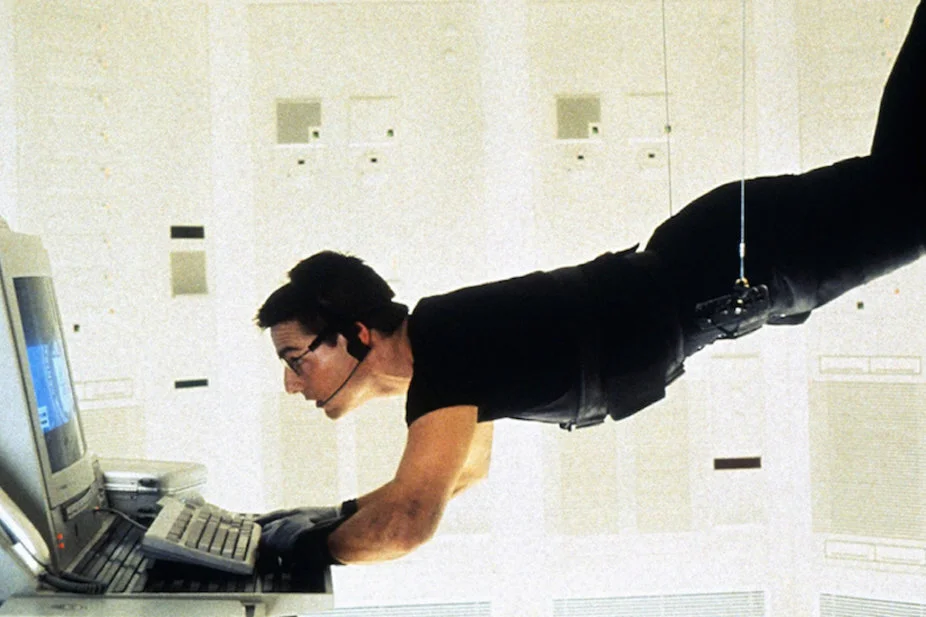
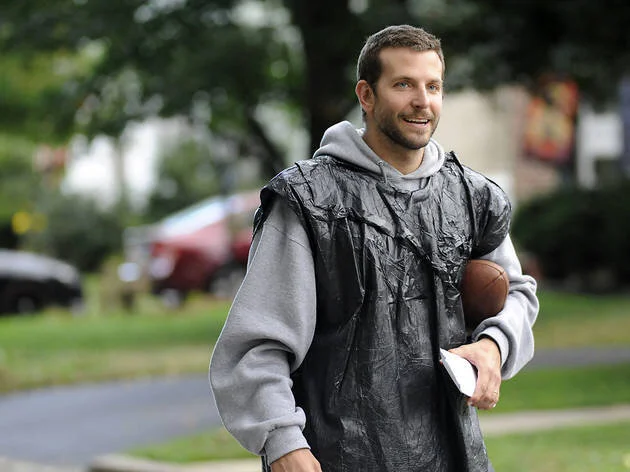
Please judge.